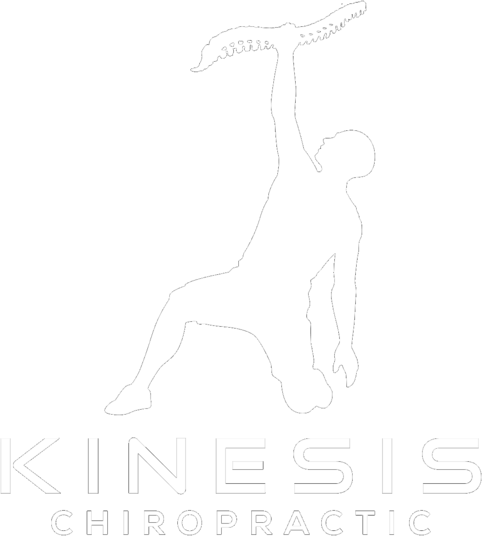Search
Carpal Tunnel Syndrome
Conditions We Treat / Carpal Tunnel Syndrome
Have you been previously diagnosed with carpal tunnel syndrome?
Carpal tunnel syndrome is caused by compression of the median nerve at the wrist; leading to numbness, tingling, or pain (specifically down the first 3 fingers).
If you've dealt with carpal tunnel syndrome in the past, you know how frustrating it could be.
Not being able to enjoy life, difficulty working, and unable to peacefully sleep at night can be detrimental to people suffering from this condition.
Unfortunately, many doctors will give you a blanket diagnosis of carpal tunnel syndrome if you have any kind of numbness or pain around your hands and wrist.

One of the challenges clinicians face when dealing with carpal tunnel syndrome, is properly diagnosing it.
There are various other conditions that mimic carpal tunnel syndrome; such as pronator teres syndrome, thoracic outlet syndrome, and even disc herniation.
Contrary to the others, carpal tunnel syndrome exhibits certain symptoms that distinguish him from the rest:
• Pain at night
• Numbness in the first three fingers
• Reproduction of symptoms when pressing firmly the wrist
Symptoms are typically aggravated by activities such as:
• Gripping activities
• Typing on a computer
• Reading the paper
• Driving
• Painting
Who is at risk for developing carpal tunnel syndrome?
Carpal tunnel syndrome most often affects middle-aged adults aged 45-60 years old, and typically occurs in women.
Some conditions and activities may increase the risk of developing carpal tunnel syndrome:
• Pregnancy
• Arthritis
• Diabetes
• Alcoholism
• Prior trauma
• Hand or wrist deformity
• Thyroid condition

Pregnancy and natural hormone fluctuations associated with proper fetal development may cause fluid retention, resulting in decreased space in the carpal tunnel for nerves and tendons to move.

How to manage carpal tunnel syndrome?
Someone dealing with carpal tunnel syndrome doesn't have to stop their daily routine or their job. Although modifications might be necessary to get through the beginning stages of treatment.
Treatment approaches range from conservative to invasive, and it typically depends on the severity and duration of the symptoms.
Conservative care may include chiropractic adjustments of the wrist joints, soft tissue treatment of the muscles, and exercise rehabilitation of the targeted joints and muscles that are contributing to the presentation. Ergonomic changes will also be addressed.
More invasive forms of treatment may include local corticosteroid injections and surgical decompression. These interventions can be helpful in more severe cases of carpal tunnel syndrome and are typically performed after conservative care is administered.
How we treat carpal tunnel syndrome at Kinesis Chiropractic?
In our Davie & Weston Chiropractic office, we take a detailed history of your injury and perform a thorough examination of your hand and wrist, assessing any neurological deficits including hand and grip strength to determine if you truly have carpal tunnel syndrome.
Our goal is to not only provide you with the correct diagnosis but determine the root cause of your injury and create an individualized treatment plan specifically for you.
Treatment for carpal tunnel syndrome consists of:
• Chiropractic adjustments
• Soft tissue treatment
• Exercise rehabilitation

Although uncommon, if left untreated, carpal tunnel syndrome may result in permanent neurological damage.
Take Action!
Kinesis Chiropractic
Office Hours
Monday - Friday: 8 AM - 6 PM
Saturday & Sunday: Closed
Kinesis Chiropractic
Office Hours
Monday: 9am - 12pm, 3pm - 6:30pm
Tuesday: 9am - 1pm
Wednesday: 2pm- 6:30pm
Thursday: 9am - 12pm, 3pm - 6:30pm
Friday: 9am - 1pm
Saturday: Closed

